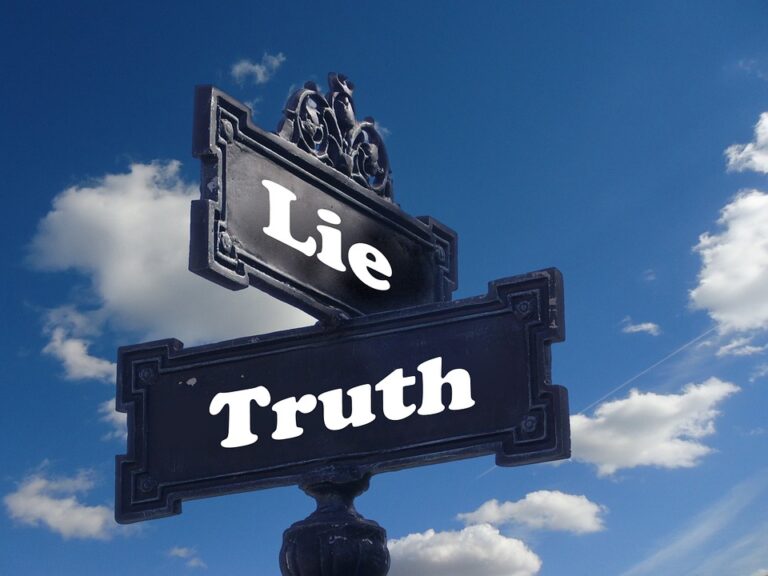A dialogue on Beauty… and it cannot be in the “Eye of the Beholder”
“Nothing sublimely artistic has ever arisen out of mere art, any more than anything essentially reasonable has ever arisen out of pure reason. There must be a rich moral soil for any great artistic growth.” –G.K. Chesterton
Constantine: Tell me, what is really beautiful? Or more general what is art?
Freud: This is the branch of philosophy known as esthetics. Now, can we not reduce art to just any human expression?
Lewis: Any? That is a broad statement! What about pornography or the obscene?
Constantine: And what is pornography really? Is it not just the intent to arouse sexual excitement—having little or no artistic merit—all for profit?
Freud: Some art is obscene and some pornography is artistic. There is a difference, but the line between the two is blurred by people’s tastes. Pornography is called art by some and art is sometimes called pornography by others. Pornography is sometimes done with creative artistic talent, and some “art” is done with not even a shred of any artistic or moral merit. It’s all subjective. Beauty is truly in the eye of its beholder—one man’s art is another man’s pornography. It is all based on desire, and desire is all personal and ambiguous by its very nature.
Lewis: We all have desires, and I am thoroughly convinced that these desires can be fulfilled either through a holy expression or profane one. In regard to the comment that one man’s art is another man’s pornography, the ancient prophet Isaiah wrote “Woe to those who call evil good and good evil, who put darkness for light and light for darkness, who put bitter for sweet and sweet for bitter!” (5:20). I think you are deeply mistaken.
Constantine: Please explain why.
Lewis: There is a holy and a profane. It is rash to say both are equal. Please note, the oppose of the holy is not the secular, but the profane. Living in the world is a secular pursuit. But doing evil that is the essence of what is profane.
Freud: That can only be the case if there such a thing as what is “holy” or “profane”. That can only be true if there is a grand design or purpose to nature.
Lewis: True— which lead us to posit a supreme being. We have to argue, maybe next time, why there is such a thing as objective morals which are grounded in this very divine nature. Without these objective standards, there is no moral difference ultimately between art and pornography. However, it would also follow that there is no ultimate moral difference between rape and love either. But we all know there is a difference—we know it institutively. And yes, there is a difference between art and pornography.
Constantine: So then is the difference something to do with our reactions to the images we see?
Freud: I don’t think so. One cannot control if one enjoys or is repelled by some picture or written work or dreams. Again, all of it is beyond our control and subjective. The artist exercises free will in the creation of his/her art, and the receiver of this creation has a choice (and sometimes there is no choice) on how they react to that art. It needs to be noted that you can “react” without choice. Like pulling your hand from a hot stove. Some of us may unwillingly be aroused or repulsed by certain “art.” One does not have control of this.
Lewis: But one does have control of what one does after the desires are aroused. Otherwise we are no better than the beasts.
Constantine: True. Please go on.
Lewis: If a man lusts after a woman who has deliberately tried to be modest and cover almost her entire body, is she responsible for his lust? Is she responsible for his lust, just because she looked unknowingly attractive (in the case of covered Muslim women or Christian nuns)? Or turn the question around: If a man lusts after a woman who has deliberately tried to expose and accentuate her body,is she responsible for his lust? In both cases the answer is no.
Constantine: Although in the later, she may have provoked it. We can apply this to artists and art. Is the ancient Greek statute of Aphrodite of Milos also known as the Venus de Milo, ( 130 -100 BC). Is it a pornographic image because it invokes certain lusts in some men? It would unfair to judge the motives of an artist or his work by what his audience perceives, as it would be unfair to judge a man immoral if he is merely perceived to be.
Freud: I grant that.
Lewis: But I think the answer lies in what we can know to what we are unsure about. Just as our tongues can be used to edify someone, the same tongue can tear them down. Because man can produce the Petra, the pyramids and the Atomic bomb, instruments of beauty or destruction, so can his art. We have the God given choice to be either a Gabriel or a Lucifer. As Pascal said, “Man is neither angel nor brute, and the unfortunate thing is that he who would act the angel acts the brute.” (Pensees 358) The same hand that holds a girl’s cheek, can be the same hand that rapes her. And art is one way we express that
potential. The answer to the difference between art and pornography is rooted in morality. Many sadly have concluded that that art has nothing to do with it or embraced relativism. It is no wonder many have a hard time telling the difference.
Constantine: I think relativism is an empty, contradictory and vacuous theory. So then, what is the difference between art and pornography?
Lewis: It has everything to do with purpose.
Freud: Purpose?
Lewis: Yes. Art is an expression of life’s many avenues in creative ways. Can you imagine life without art? The world is God’s art work. It is an expression of his creativity. It is a model for our own creativity. This has to do with what Aristotle called teleology, or purpose. All things have a purpose. If human life and sexuality have no purpose, then anything does go, absolutely speaking, and the cutting of a watermelon is just as bad or good as the butchering of a baby –ultimately speaking. Sex in adultery or the wedding night is just an expression of a biological function—on that view. Neither is ultimately good or evil, if there is no ultimate purpose. But since sex does have a purpose, pornography is a deviation from that purpose. Thus, it is an abuse of it.
Constantine: So, art is an expression of human achievement or desires, while pornography is an exploitation of it.
Lewis: I could not have said it better.
Freud: Ok, Lewis, what is the “purpose” of life then?
Lewis: That is what we will talk about next!





An interesting dialogue, but I’m still unconvinced that Art and Pornography are a true dichotomy. Even if we accept your definitions of Art being “an expression of human achievement or desires,” and Pornography being “an exploitation of [human achievement or desires,]” expression and exploitation are not mutually exclusive concepts. One can simultaneously express and exploit.
I also disagree that a lack of “ultimate” purpose implies that a thing has no purpose. “Ultimate purpose” is a subset of purpose. It is a fallacy of composition to claim that lacking ultimate purpose indicates a thing has no purpose. It’s like claiming that Granny Smith apples are not red, therefore apples are not red.
Thanks BP
This is a work in progress. Maybe we can restate and summarize it the following way.
Art = “an expression of talent in a variety of media.”
Pornography = “an expression (may or may not be talent) that exploits”.
I realize that this may seem reductionistic — so suggestions are welcome.
In regard to purpose, It may help if I clarified. Objective ultimate purpose is different than subjective purpose.
Things and events may have subjective purpose (like using my old Apple computer as a door stopper) but that use is not its ultimate purpose (the reason for its creation by Macintosh).
I may find a purpose in X that may or may not have ultimate purpose.
KS
What is beauty or art?? Well i would have to agree with constantine. I value the opinion of freud in that we cannot choose what we fine beautiful or cannot control our human reactions to art etc. However i think that art is the attept to capture something that we find beautiful, the attempt to explain something that we would be unable to do with words alone. IS pornography art?? I suppose it would have to depend on the disired effect. I personally dont believe its art, but i could see how some might find it desirable or beautiful. To the people who would find the primal acts beautiful or find happyness in being human it is not a dichotomy in which one is right or wrong rather one is one a scale of exploitation to expression of disire.
beauty and art are in the eye of the beholder. all people on this planet are different in their own ways and interpret things, such as art and pornography in a different way than another person might see it as. who is to say what is beauty or not or even what is good or bad? no person has actually created “rules” in to which what a person can see something as those aspects. art is an expression of a person as to what they have experienced or what to have as their “goal” and if they want to express it as what some consider bad then that should be fine because that is what they want to show the world and wants others to see what he or she consider to be beauty in their eyes. what we consider to be beauty should not be put on blame on the person but accepted by others and to have an open mind in understanding why they do not see beauty in your way.